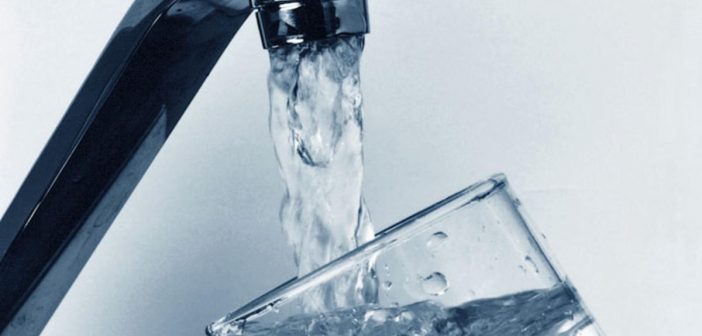“Don’t drink Barcelona’s tap water, it’s not good for you!” “Have you tasted Barcelona’s tap water? Gross!” We’re sure you have definitely heard all of these rumors from locals and visitors alike, but what is really the truth about drinking Barcelona’s tap water? When you go to restaurants, you may notice that restaurants almost always serve bottled water, but does this actually mean the tap water isn’t safe to drink or are these excessive added water costs completely unnecessary? Well, we have the truth to answer Can You Drink Barcelona’s Tap Water?
Yes, you can drink the tap water in Barcelona! According to Ministerio de Sanidad (the government agency that monitors the tap water in Spain) and Aigües de Barcelona (the local water company that controls the city’s water), Barcelona’s tap water meets all international standards and passes all water regulations.
Barcelona’s tap water comes from the two major rivers, the Ter and Llobregat river. Llobregat, the river where a majority of Barcelona’s tap water is attained, contains high level of minerals, including potassium, magnesium and carbonates due to passing an extremely salty region around Súria. In addition to salt entering the water, pollution can also enter the river from industries and farmland that are located along Llobregat. Through a lengthy process of osmosis, the water company removes the pollutants and the majority of the salt, ensuring the infiltration of the water. In order to ensure the water arrive safely without contamination to the tap, high levels of chlorine are added to ensure that the water doesn’t get infected during the distribution process.
Even though Barcelona’s tap water is thoroughly cleaned and safe to drink, why is it that many choose to drink bottled water over tap water still? This is due to the poor taste of the water that comes from the extensive chloronization process. Because of Barcelona’s location along the Mediterranean Sea, Barcelona has to use more chlorine to counteract the high mineral content that is located in the stone that runs along the coast. The high chlorine levels causes the tap water to then taste and smell poorly.
Although locals and visitors choose to buy bottled water due to taste preference, bottled water proves to be more detrimental than tap water–harming the environment, your health, and your wallet. You may believe that the water bottle you put in the recycle will go to creating a sustainable future, but bottles are not biodegradable in any meaningful way! The best alternative for safe drinking water is to purchase an affordable water filter at home that ends up saving you money from not having to buy bottled waters and reducing plastic waste. In order to reduce the use of bottled water in restaurants, a Barcelona water company has started a campaign to encourage restaurants to serve tap water like they did before. If you still prefer to drink bottled water in a restaurant, make sure to request for a glass bottle since it is more environmentally-friendly than a bottled water!
Although taste may differ between tap and bottled water, tap water is as healthy as bottled water and surprisingly, 25% of bottled water comes from the tap! The Aigües de Barcelona also performs daily water quality tests based on the EU Drinking Water Directive and you can also check the quality of your water on your street online. For better taste, a Brita filter or an installation of the water filter, TAPP, will get rid of the chlorine and give your water a fresh, clean taste. If you wish to save yourself some money and do the environment some good, save yourself some trouble and drink from the tap!




